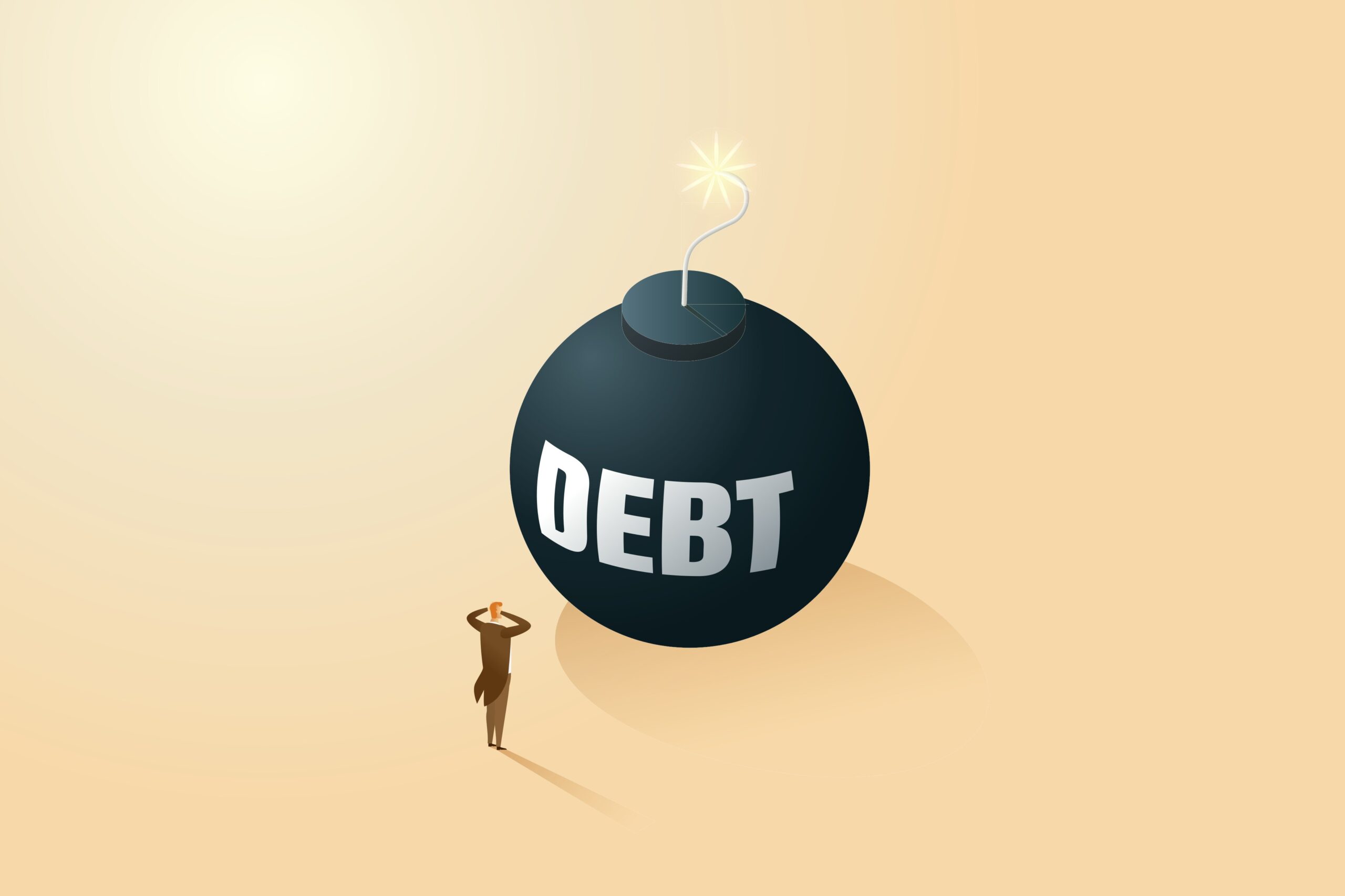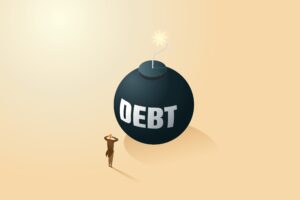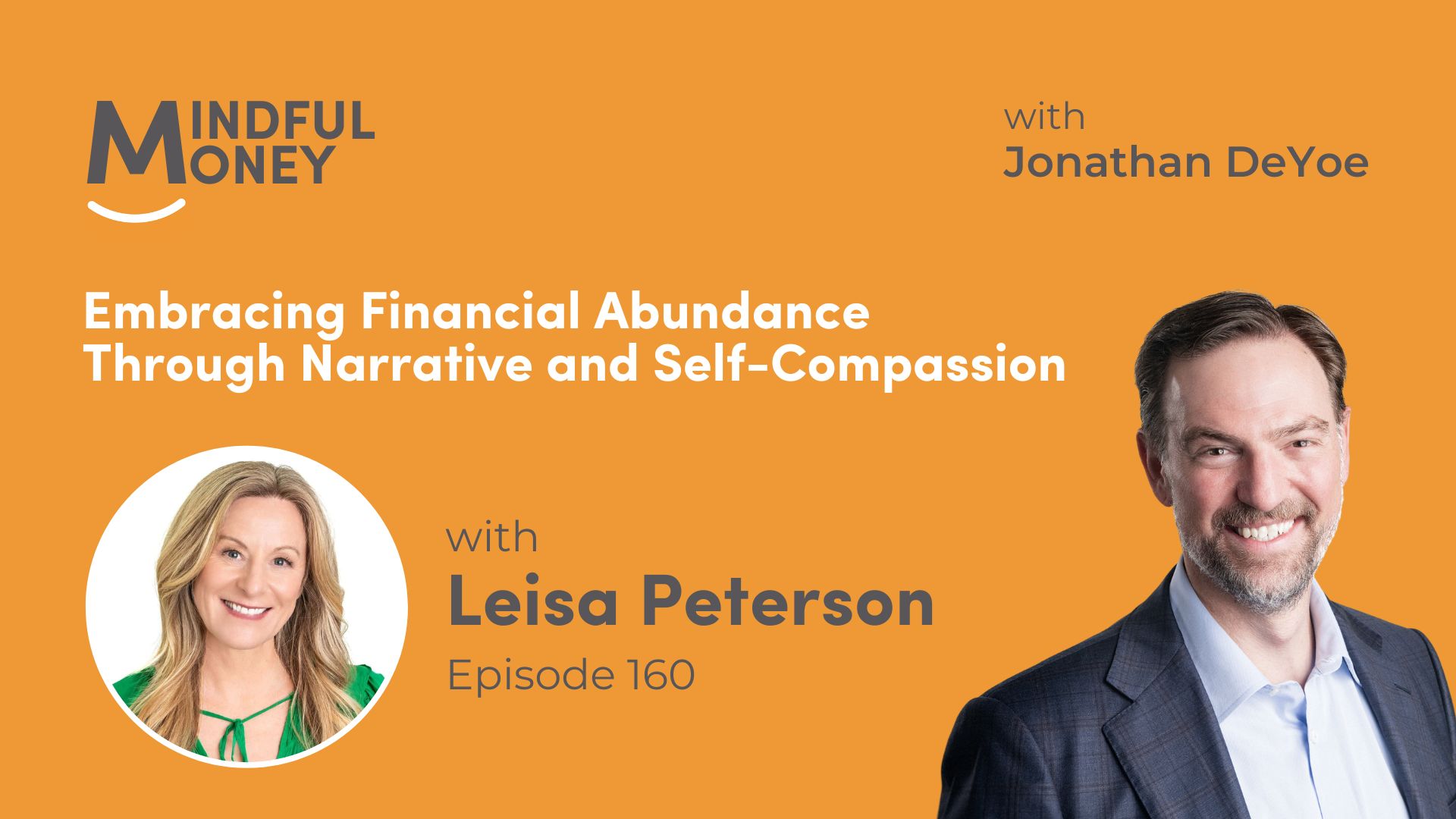We know – vividly – what has already happened. We can never know what will come next. The humble recognition of this truth should be the foundation of any long-term investment philosophy. The question is, “Given that we cannot know what comes next, how should we invest?”
From a micro level, when a company knows that a bad quarter is upon them, two things happen. First, everything possible that can be lumped into that bad quarter will be lumped into it. If there are bad debts, they will be written off. If there are bad product lines, they will be eliminated. If there are non-productive (or just unhelpful) employees, they will be laid off. If there is over-spending, it will be curtailed. They will do everything they can to reduce their expenses. The company will make the bad quarter as bas as possible so future comparisons will be viewed positively.
Second, the company may reward additional sales more. They may launch some new service. They will do everything in their power to increase top-line revenue. A company in the crosshairs of the market will suddenly find a way to create more opportunities.
We can rest assured when a bad quarter is upon a company, they will do everything in their power to ensure that the next quarter (or the following) shows marked improvement. As investors, we cannot know the extremity of these decisions that management will undertake to “right the ship.”
This is even more clearly visible in the macro environment. If there’s inflation, the Fed will go into action to stop inflation. Their goal will be to reduce inflation without creating a recession… but if they do create a recession (by bringing down inflation), then they will stimulate the economy to kickstart things. This is why we hear, “Don’t fight the Fed.” The Fed is there to be a counterweight to the investor’s emotional state.
In the Great Recession, when it seemed things had gotten out of the Fed’s ability to manage them, they invented brand new monetary policy tools to provide support wherever it was needed. They became the lender of last resort. They backstopped everything. They reduced rates to zero, held them there a long time, and they tried quantitative easing for the first time.
When things got too bad, we could not have known what powers were going to appear to provide the necessary stimulus… yet, they were there.
When things get too good (overheated), we have to refrain from getting overly excited because, at some point, the Fed will act to slow things down.
There is a cycle that we are all reacting to in an effort to protect our little corners of wealth and well-being. There are always powers far larger than we are who are just about to act when things get too good or too bad. We cannot know how good or bad they have to get before action comes. We don’t know what will be done. We don’t know how long the countermeasures will take.
We can know there is a cycle and there is a counter to every cycle – even while we admit that we cannot predict them.
Being mindful of our limitations can both help us become better investors and improve our investing experience.
Beware Return Envy
Sometimes, a small fraction of the investable universe starts getting lots of investor and media attention. Often a new technology (like EV, AI, or SaaS) or a new investment product (like cryptocurrency, SPACs, or NFTs) captures the collective imagination. The growing attention attracts investors’ dollars, and folks begin overpaying a little at first, and eventually overpaying a lot. The more folks are willing to overpay, the better these companies and their investors (often our neighbor, or brother-in-law) appear to be doing, based on stock price and “returns” alone.
Our attention is then drawn to those returns that our brother-in-law reports his portfolio is achieving – which our own diversified portfolio is not. Feelings of jealousy and missing out move us to sell the holdings in our portfolio that have not been working lately and buy whatever appears to be making our brother-in-law rich. In hindsight, we can see how well this strategy works:
- The internet stock boom led to a dot.com bust
- CDO’s (Collateral Debt Obligations) led to the Great Recession
- Meme stocks exploded higher and then exploded
- Multiple altcoins created millionaires before going bust
- Pandemic growth darlings became post-pandemic canaries
Large upswings in specific investments very often lead to large collapses in the very same investments. If you’re getting into them because they increased in value, you’re trying to buy other people’s profits – but you are likely overpaying. It is impossible to know how far, or for how long, such episodes will last before they fall apart.
But, we know they will fall apart. This is what is meant by “reversion to the mean.”
Be Careful of the Fear of Impending Doom
On the flipside, we may not be motivated by greed at all. We may be losing money, or fear losing money, and decide to sell our current portfolio to “protect” ourselves from this possibility.
This, I hope you can see, doesn’t work any better.
Strangely, the financial punditry reacts to every 10% correction as the end of the world and we broadly accept this reaction as truth. But it isn’t. Such corrections are, as anyone with the slightest sense of market history knows, a common occurrence. The average annual drawdown from peak to trough in the S&P 500 is about 14%. Whatever they are screaming about today may ultimately reach that mark. Or it could be more. Or less.
No matter how many people opine on the subject… no one can know, and it cannot be predicted. And, of greater importance to long-term, goal-focused, planning driven investors like us – it does not matter.
You cannot predict your way around market declines. If you cannot ride out a market decline approaching 15% on an almost annual basis – and a decline averaging twice that about twice a decade – you simply should not be invested in equities.
How Do You Decide?
Your investment portfolio is a servant of your financial plan, which was derived from your most cherished financial goals. It goes something like this:
Values determine goals.
Goals determine plans.
Plans determine portfolio.
“Current events” or “yesterday’s market action” is entirely absent from this decision tree.
“Values – Goals – Plans – Portfolio” anchors our portfolio in the long-term (which is the only term that matters in a lifetime of investing). And yet, your long-term commitments will be tested on a very regular (read: daily – if not hourly) basis.
There is no escaping these six fundamental investing truths:
- We will experience both greed and fear when we invest.
- The reality is that markets are inherently unpredictable.
- This unpredictability doesn’t stop anyone from trying to predict them.
- Some of those who try will get it be right and scream it from rooftops
- No one can know in advance which predictions will be right, because – see #2 above. Those who do get it right are lucky, not skillful.
- Most Important of All: YOU DON’T NEED TO GET IT RIGHT TO BE SUCCESSFUL.
A non-judgmental awareness of our limitations allows us to separate our diversified portfolio’s relative short-term performance from our belief that we are doing something wrong. The siren song of outperformance is always incredibly attractive, until we crash on the rocks.
In the short-term, it is all speculation. It is all a crapshoot. An individual investment for a short period of time can be tossed about by all manner of unexpected occurrences. There is no predictability. We cannot manage risk or return in the short-term… so we let it go.
All successful long-term investors are continuously acting on a plan that is founded on their deeply-personal values and goals. They are appropriately allocated, they are broadly diversified, and they rebalance regularly. They are patient and remain mindful of their limitations.
All failed investors I’ve encountered were continually reacting to yesterday’s headlines. They don’t have a plan and don’t know what an “appropriate” allocation might be, they are often more concentrated, and they trade more frequently in hopes of catching the next upswing. They lack patience and believe in their own ability to know what happens next (otherwise, why would they behave this way)?
Which Will You Choose?
Stop Predicting.
Start Planning.
Stay Mindful.





